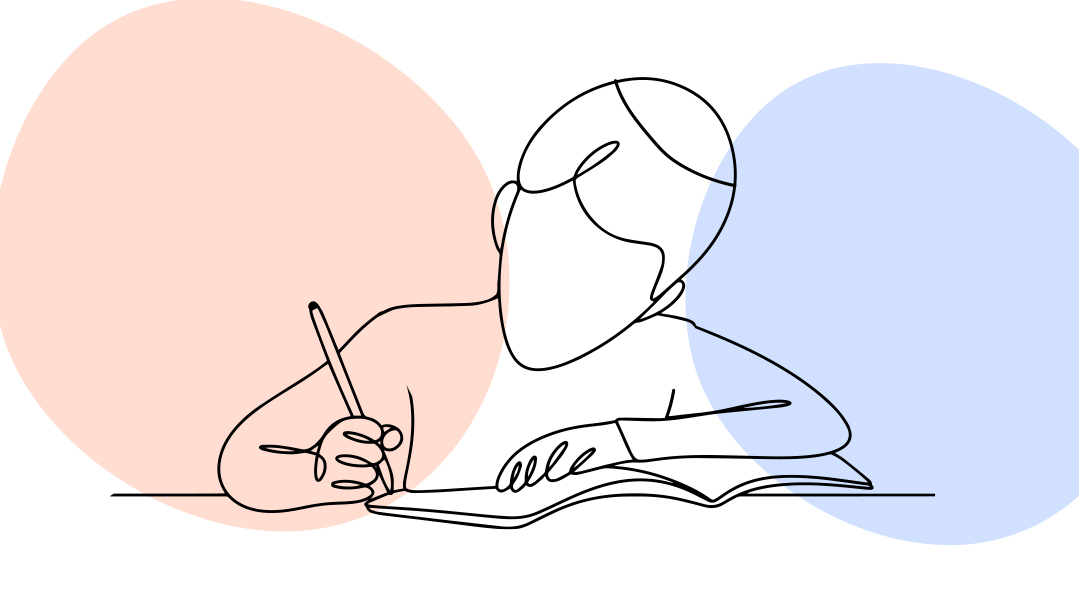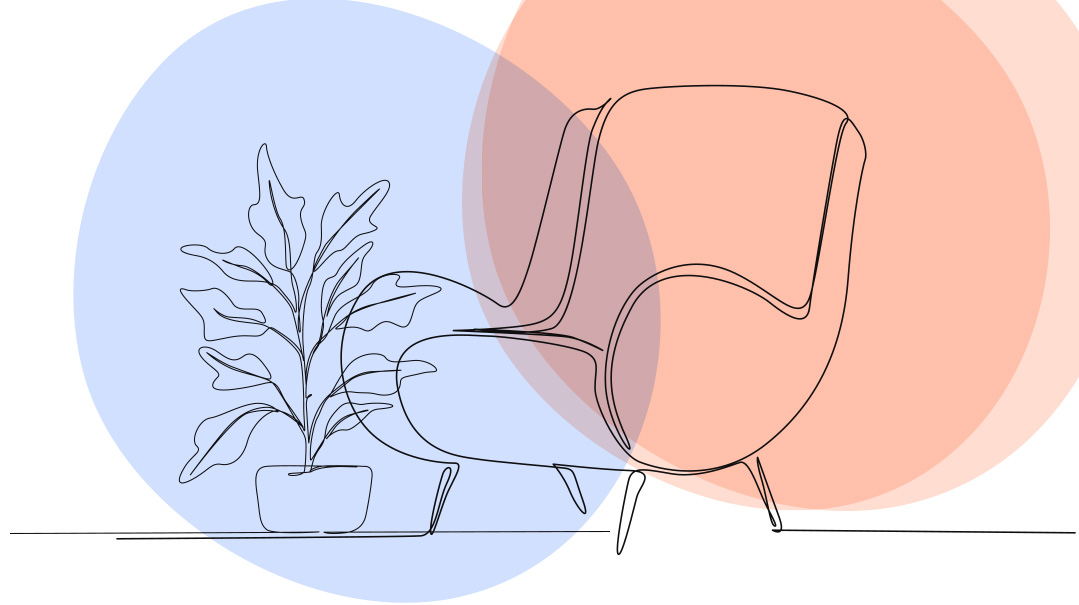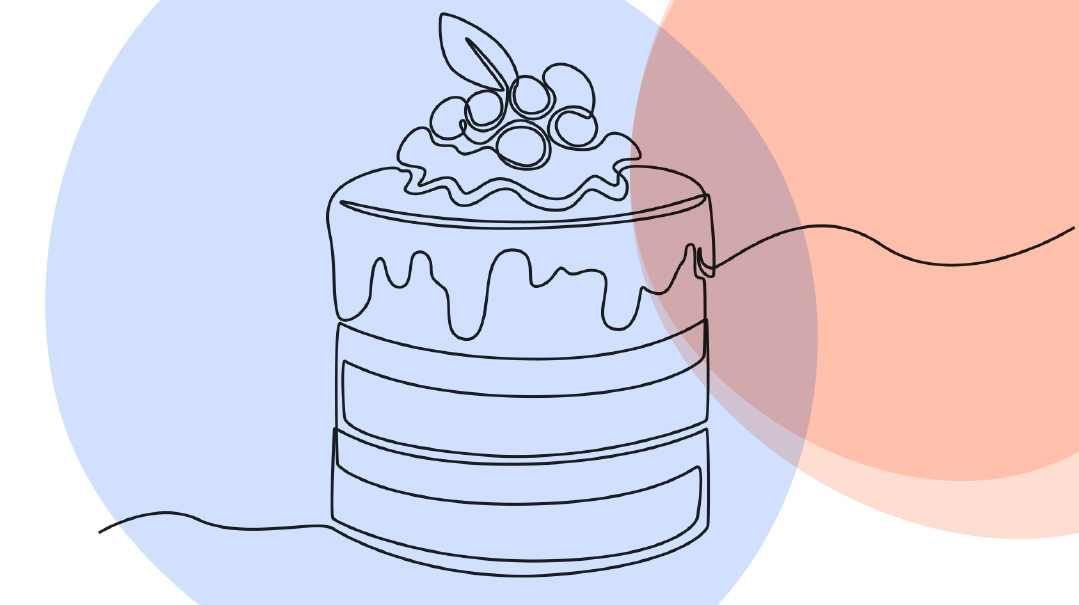The New Normal

Like, if you’re the Vilna Gaon, maybe normal isn’t the highest value to aspire to?

Normal is overrated.
When I taught my 11th graders about the Vilna Gaon and how he slept two hours out of 24, well-meaning and unfiltered Nechama jumped up (at least, that’s how I remember it; could be it was a figurative leap out of her seat). “But that’s not NORMAL!” she exclaimed, and the rest of the class murmured their agreement.
I concurred wholeheartedly. It isn’t normal at all. But maybe, I suggested, that’s okay? Like, if you’re the Vilna Gaon, maybe normal isn’t the highest value to aspire to?
And yet, if the Gra were alive today, I can just picture his parents at PTA. “Eliyahu is doing great, such an asset to the class,” Rabbi Stein will say with a genial smile. “But maybe a little too… intense. He needs to play more, get some more sleep, chill with the other boys.”
Because normal is one of the biggest compliments you can give anyone. The guy might be the biggest masmid and illui ever to step foot in Brisk, but he’s “so normal.” Ah, baruch Hashem. Normal.
But then there are people who aren’t normal.
You know those stories, the ones about how Rebbetzin Kanievsky didn’t buy an air conditioner because of all the other people who might be saying, “If the Kanievskys don’t have air-conditioning, I can also manage”?
I could totally do that, too. I could manage. I just don’t think my kids will be more elevated if I decide to forgo air-conditioning. Because, well, New Jersey in the summer. Maybe Rebbetzin Kanievsky could entertain everyone in peace and tranquility, but trust me, there will be a lot more aveiros happening in the Appel house if my kids are sweaty and cranky. It pashut wouldn’t be fair of me to do that to them.
Or what about the story of Rebbetzin Kramer, the Holy Woman, who gave away her kallah bracelet to a poor man? That’s something I could do, too, except that my husband would be hurt, and anyway, we give other tzedakah, and it’s not healthy to be a martyr.
And the rebbetzin whose name escapes me who never bought a washing machine because she used all her money to buy seforim for her husband. I would make that sacrifice if I needed to. For sure. But it makes much more sense for my family to buy the washing machine, and then I can work and make more money in all the time I save. Also, I’ll be a much more present wife and mother.
So you see, it’s not that I’m lacking any mesirus nefesh; it’s just that these things don’t make sense for my family. Hashem doesn’t want pointless sacrifices, right? He wants us to be normal.
Here’s the crucial difference between me and those rebbetzins that I could be, though: They actually do these things.
I have many good reasons for not doing them, of course, and even some real reasons. But at the end of the day, I don’t do them.
I make good decisions, I think, on the whole. I make cost-benefit analyses and decide where to push harder and where to cut corners; I play the long game and don’t sweat the small stuff. I make sure to be normal. Balanced. Mediocre?
Please don’t report me to Child Protective Services, but I have a deep-seated antipathy to telling stories, and I hate reading books with too many words or that are above my child’s level — in short, anything that requires mommy brain cells to invent, explain, or fill in. (Here’s looking at you, comic books). So when my four-year-old asked for his favorite book at bedtime — The Terrifying Trap of the Bad Middos Pirates, based on the teachings of the Orchos Tzaddikim, and with many complex and lofty ideas on each page — I was very adamant that Mommy Is Too Tired, and we need A Book for Your Age. So we read Where the Wild Things Are twice, and he rolled his terrible eyes and gnashed his terrible teeth and showed his terrible claws, which were very cute and age-appropriate. But not the stuff gadol biographies are made from.
Because although I absolutely am the type of person who could read my four-year-old a bedtime mussar sefer every night, tonight — and many nights — I’m tired, and it’s important not to burn yourself out.
Although I could totally do the heroic things we read about in biographies, I’ve grown up in the generation of balance, boundaries, and me-time. I’ve learned how important it is to preserve my sanity and not feel resentful and put upon. So I continue to make reasonable decisions instead of inspired ones, pragmatic ones instead of passionate ones.
But sometimes I wonder.
Deep down, am I actually the person who loves Torah enough to cut through all the good reasons with a burning love that cancels out all else? To be carried away with a passion that overrides all the rationalizations and good intentions? Or am I proud to be normal?
Maybe, just maybe, when I grow up, I’ll have the courage to be a little less sensible and a little more drunk with love for Torah. Just a little less normal.
(Originally featured in Family First, Issue 863)
Oops! We could not locate your form.







